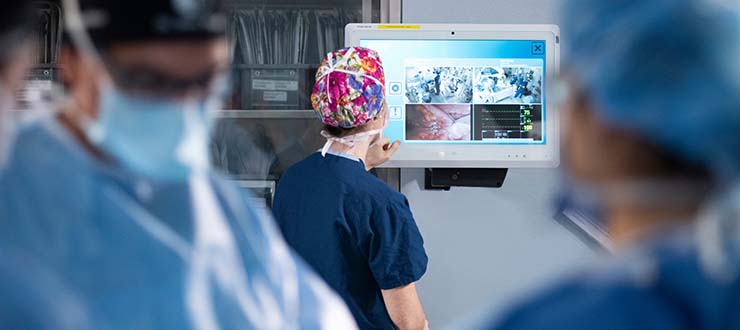
Staff working in OR3 at the General Campus, where the OR Black Box was installed, are helping researchers study the effects of ‘soft skills’ such as leadership, communications and teamwork.
Technical skills are clearly part of a successful surgery, but what about ‘soft skills’ like leadership, communications and teamwork?
Dr. Sylvain Boet and his research team at The Ottawa Hospital are studying whether improving these soft skills among operating room staff can make surgery safer for patients.
“It’s exciting to be part of something that could be such a breakthrough in health care.”
Dr. Boet and his team have already studied the best ways to teach soft skills during simulated scenarios. However, they did not have a way to measure whether these lessons were being applied in real-world operating rooms, until now.
The research team partnered with Dr. Teodor Grantcharov and his team at St. Michael’s Hospital in Toronto to install an Operating Room Black Box® in OR3 at The Ottawa Hospital’s General Campus last summer. The platform captures audio, video, patient vital signs and other information from the OR during surgery.
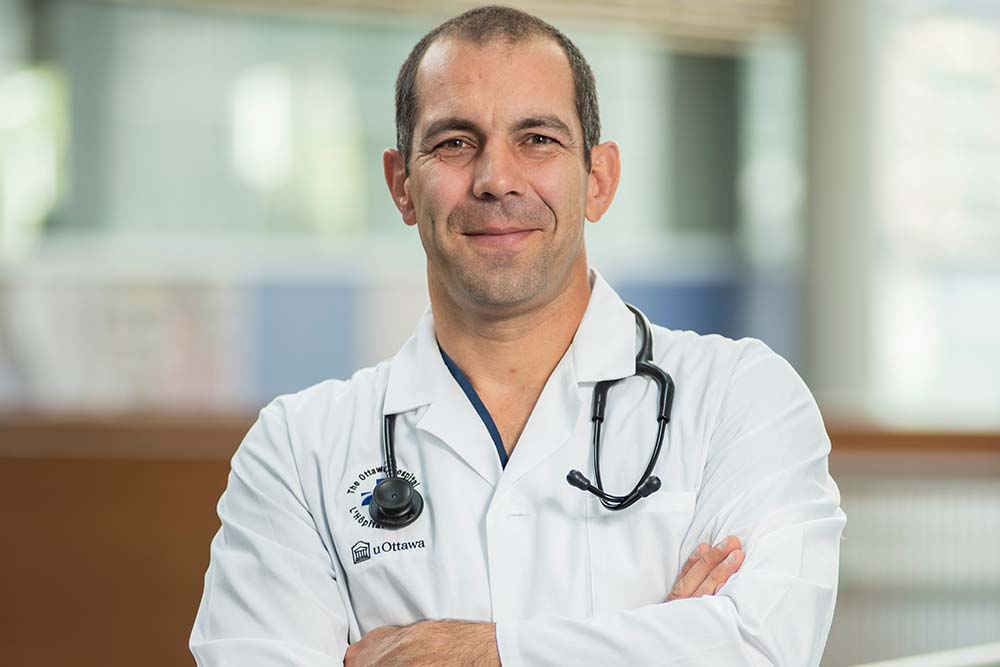
“When I was a medical student, we had lots of training in technical skills, like how to close an incision or insert a breathing tube. But there was less focus on soft skills like leadership, teamwork and communication,” said Dr. Boet, a scientist and anesthesiologist at The Ottawa Hospital, and associate professor at the University of Ottawa. “Today, medical staff receive more training in these areas, but we don’t know whether it’s making a difference in patient outcomes.”
Studies suggest that many surgical complications can be linked to problems with soft skills.
Information captured by the OR Black Box will help researchers identify trends in teamwork and communication, which they will then link to how well patients did after surgery. The information will be used for research purposes only. Faces and voices will be altered to protect privacy.
“By studying teamwork and communication, we can develop best practices that improve patient care, not only in Ottawa but around the world.”
Understanding that surgery is already a stressful experience for patients, Dr. Boet’s team worked with patient advisors Maxime Lê and Laurie Proulx to find the best way to explain to people why their surgery might be recorded and how it might help improve care for future patients. Patients are told about the black box before their surgery and can choose to opt out at any time.
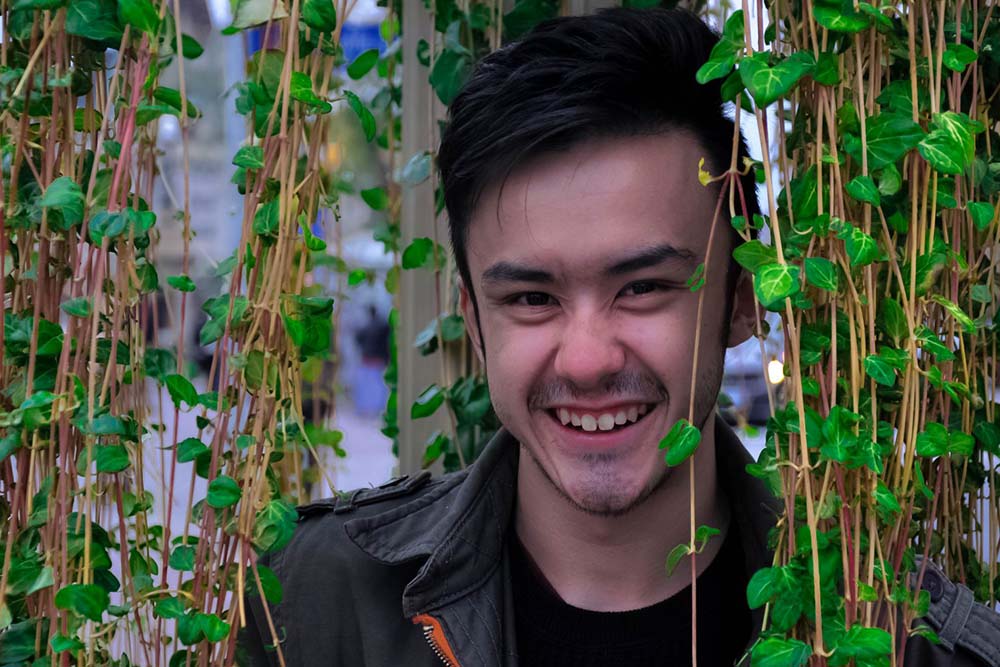
“Personally, I wouldn’t have any problem with my surgery being recorded, because I know there are many safeguards in place to protect my personal information,” said Lê. “The more I get involved in this project, the more I am confident that it’s a good idea. It’s exciting to be part of something that could be such a breakthrough in health care.”
The Ottawa Hospital is the fourth hospital in Canada to install the black box, and the first one outside the Toronto area.
“By studying teamwork and communication, we can develop best practices that improve patient care, not only in Ottawa but around the world,” said Dr. Boet.
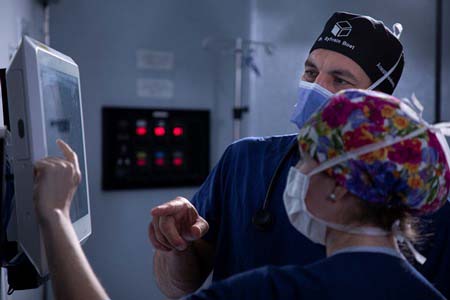
The researchers received support from The Ottawa Hospital Academic Medical Organization, the Canadian Institutes of Health Research, the Department of Anesthesiology and Pain Medicine, the Department of Surgery and the Department of Obstetrics and Gynecology.

Support patient care and research at
The Ottawa Hospital
You might also like…
New gender-affirming surgery clinic now accepting patients
The Ottawa Hospital’s new gender-affirming surgery clinic is truly one of a kind. Launched in September 2023, it’s the only clinic in Ontario to offer trans and non-binary patients facial, top and bottom procedures. Plastic Surgeon Dr. Nicholas Cormier and his team are happy to announce that they are now accepting patient referrals from physicians.
Mental health professionals and paramedics team up to help people in crisis
Seven days a week, a mental health professional from The Ottawa Hospital hits the road with a paramedic from the Ottawa Paramedic Service. Together, they respond to 911 calls for mental health emergencies across the city. Social worker Cindy Gill and paramedic Scott Farrell share how the Mental Wellbeing Response Team provides quality care for patients out in the community.
“Stewards of hormones”: Our Gender Diversity Specialty Clinic guides medically complex patients on their affirmation journey
Often, trans and non-binary patients struggle to find health-care providers to support them on their affirmation journey. It is even more difficult for patients with complex medical needs. That’s why we launched our Gender Diversity Specialty Clinic, one of the first of its kind in Canada.
The comfort of home: Home Dialysis Program empowers patients to live more independent lives
For people living with kidney failure, the most ideal form of dialysis treatment is done in the place where they are most comfortable—their home. Five years ago, we transformed our Home Dialysis Program, enhancing quality of life for our patients, welcoming more patients, and turning it into a model for dialysis programs across the province.
New Research Chair in Gay Men’s Health is setting out to break down barriers to care
As both a researcher and a gay man, Dr. Paul MacPherson knows all too well the stigma that gay men often face in the health-care system. Now, as the Clinical Research Chair in Gay Men’s Health at The Ottawa Hospital and the University of Ottawa, he’s on a mission to make quality health care more accessible to this often overlooked patient population.
The Ottawa Hospital administers world-first in-utero treatment for rare genetic disorder
Before Ayla was born, she had already made history. Last year at The Ottawa Hospital, she received a world-first in-utero treatment for Pompe disease, a rare genetic disorder that had taken the lives of two of her siblings. Now 17 months old, Ayla is healthy and happy.


 To reset, hold the Ctrl key, then press 0.
To reset, hold the Ctrl key, then press 0.
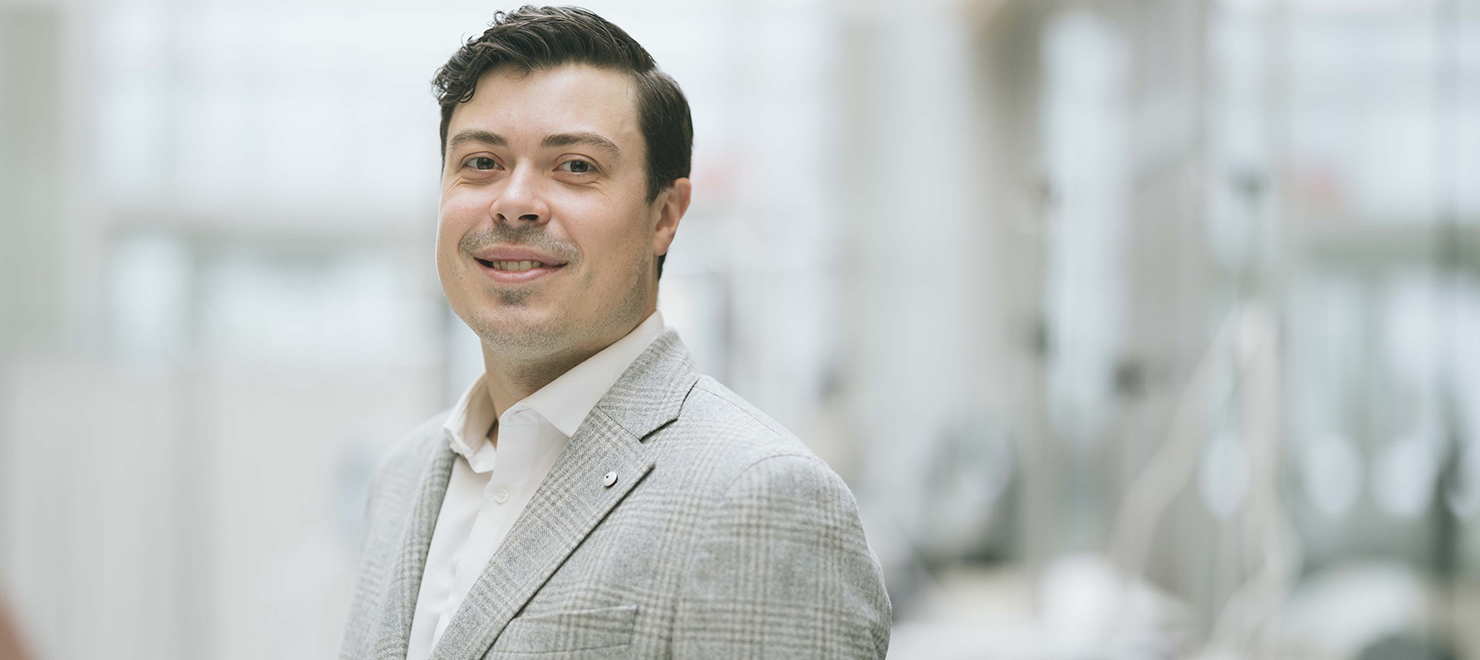
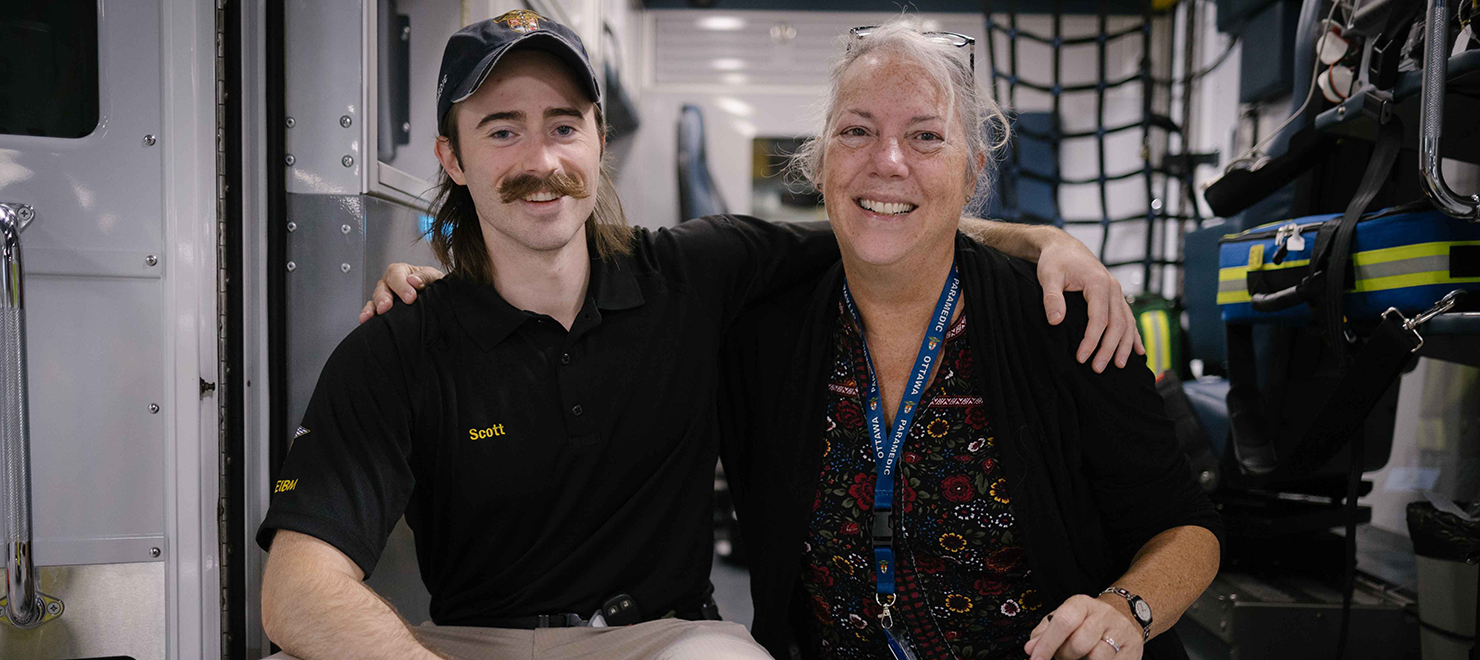

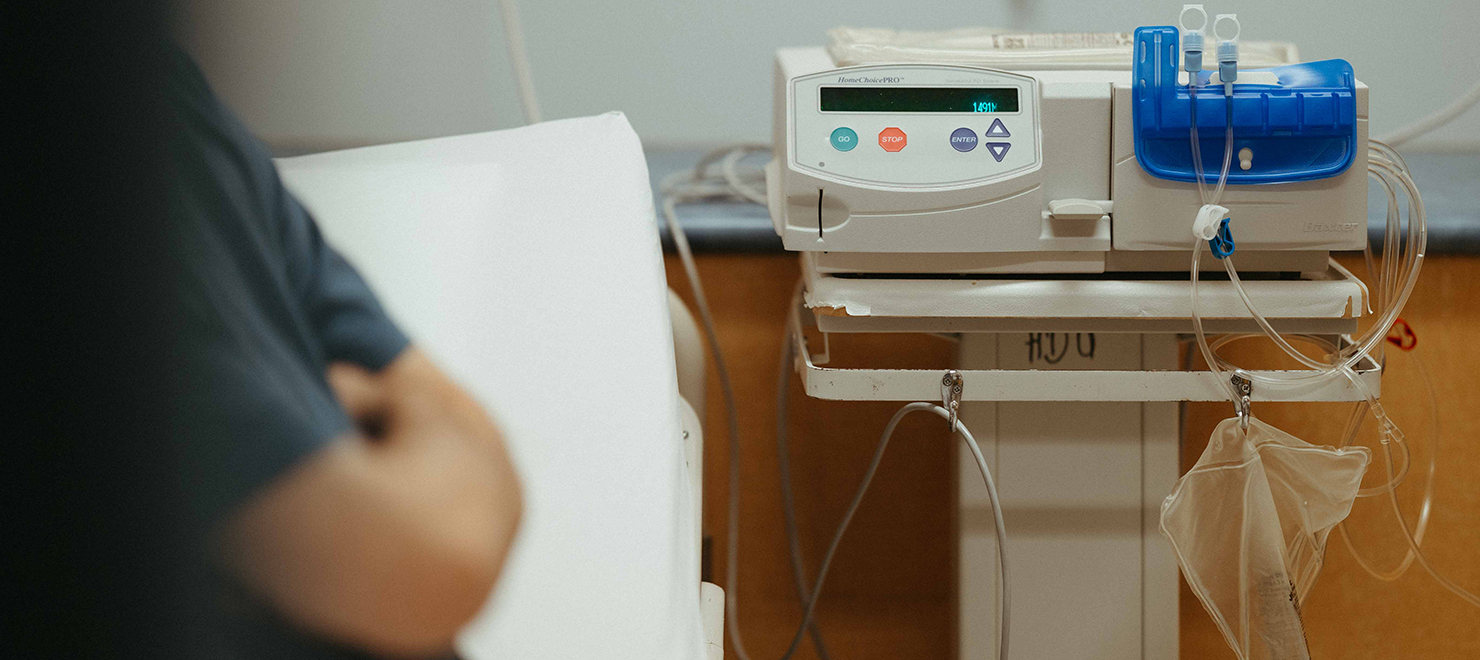
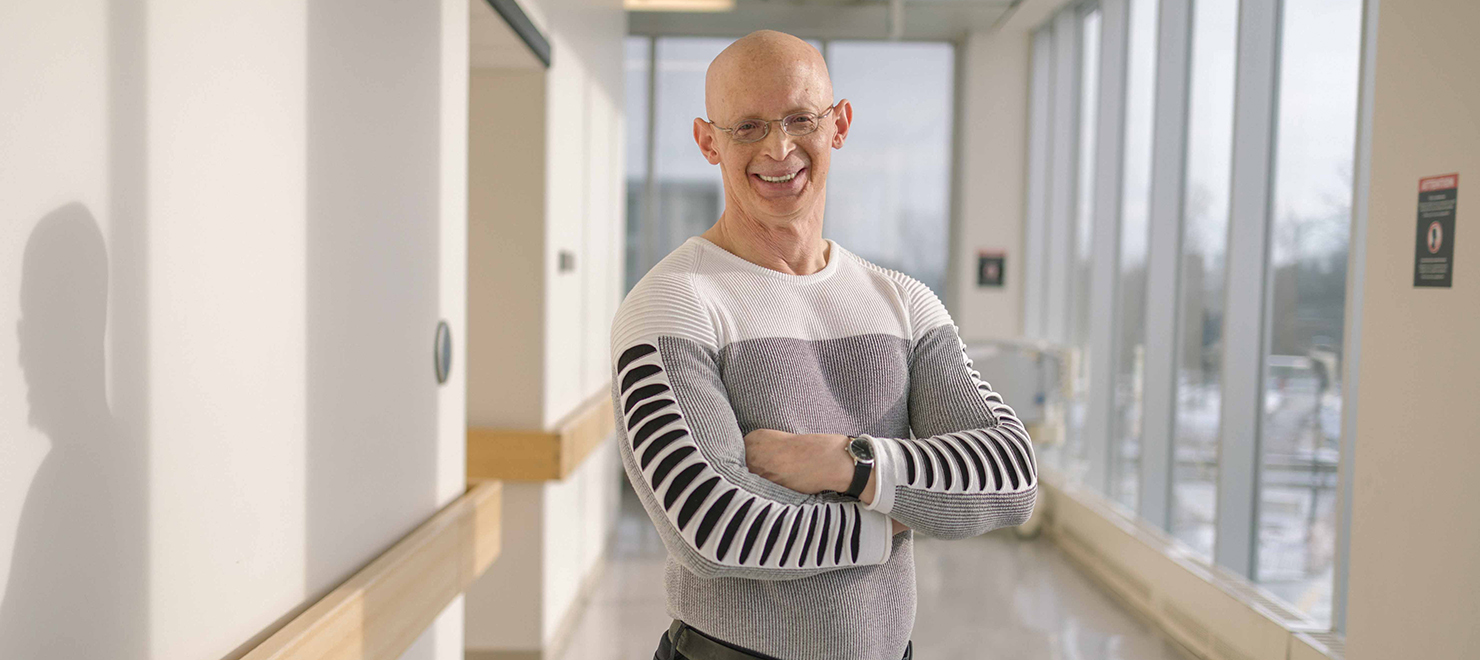
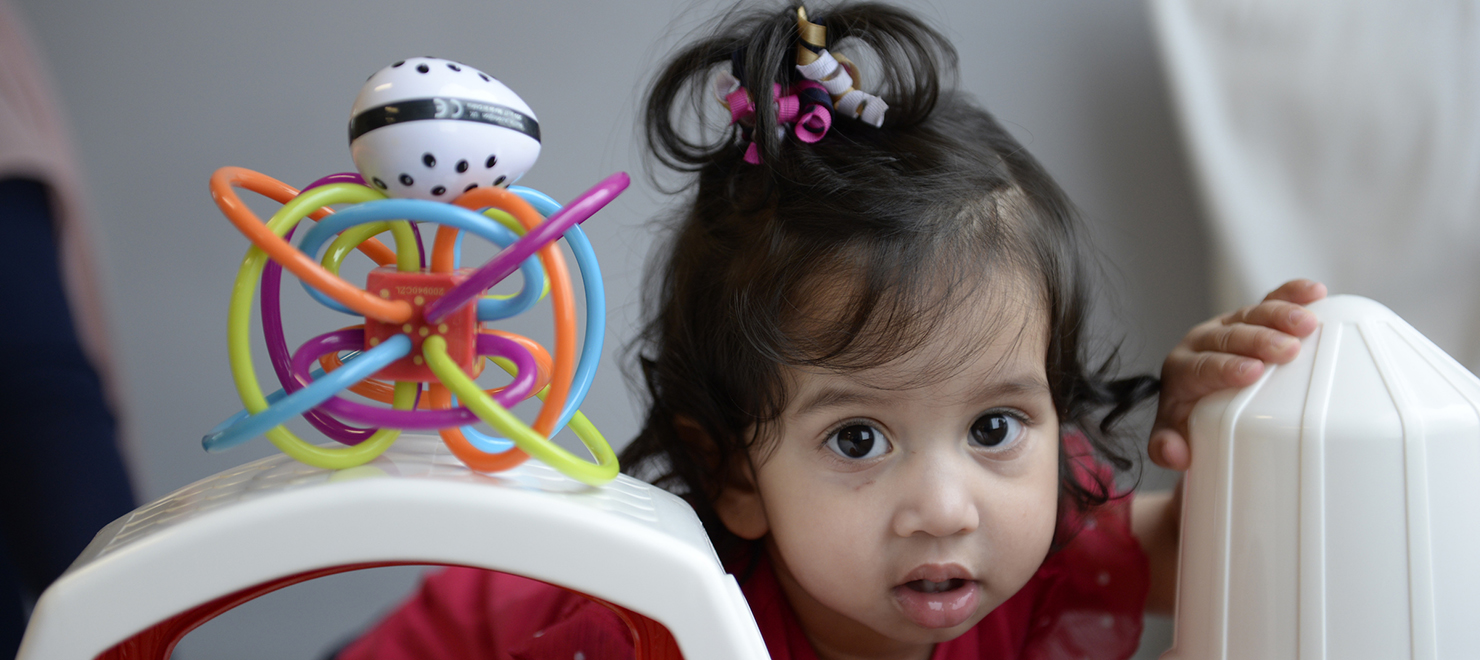
Comment on this post